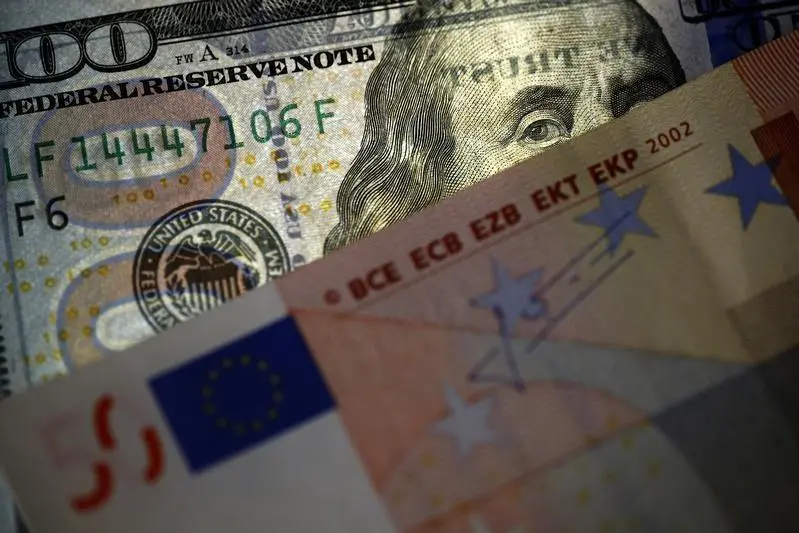PHOTO
Sweden's central government budget surplus fell more than expected in 2023 as electricity bill subsidies were paid out and tax income fell, the debt office said on Tuesday, likely raising the public borrowing requirement.
The surplus tumbled to 19 billion Swedish crowns ($1.85 billion) from 164 billion in 2022 when a jump in congestion fees collected by state-owned power grid operator Svenska Kraftnat gave a big boost.
The authority had forecast a surplus of 31 billion crowns.
"The main explanation for the decrease in the surplus is that the contribution from the debt office's net lending decreased," it said in a statement.
"This is mainly because the inflow of bottleneck revenues to Svenska Kraftnat's account at the debt office, which in 2022 helped greatly strengthen the budget balance, in 2023 turned into an outflow due to electricity price subsidy payments."
While a drop in the budget surplus related to the energy crisis was expected, the agency said the actual miss against forecast was mainly due to lower-than-expected tax income.
"For a couple of years, the budget balance has repeatedly developed better than the debt office's forecasts, but lately we think that the signs of the economic slowdown are becoming clearer," analysts at SEB said.
"A weaker balance means that plans for the government's borrowing needs need to be revised upwards," SEB said in a note to clients.
Bottleneck income comes from the grid operator's management of power flows from geographical areas with different prices, and shot up last year due to the energy crisis.
Such income was used by the government in 2023 to partly compensate many consumers for their high energy bills during the crisis.
($1 = 10.2445 Swedish crowns) (Reporting by Anna Ringstrom, editing by Terje Solsvik)





















